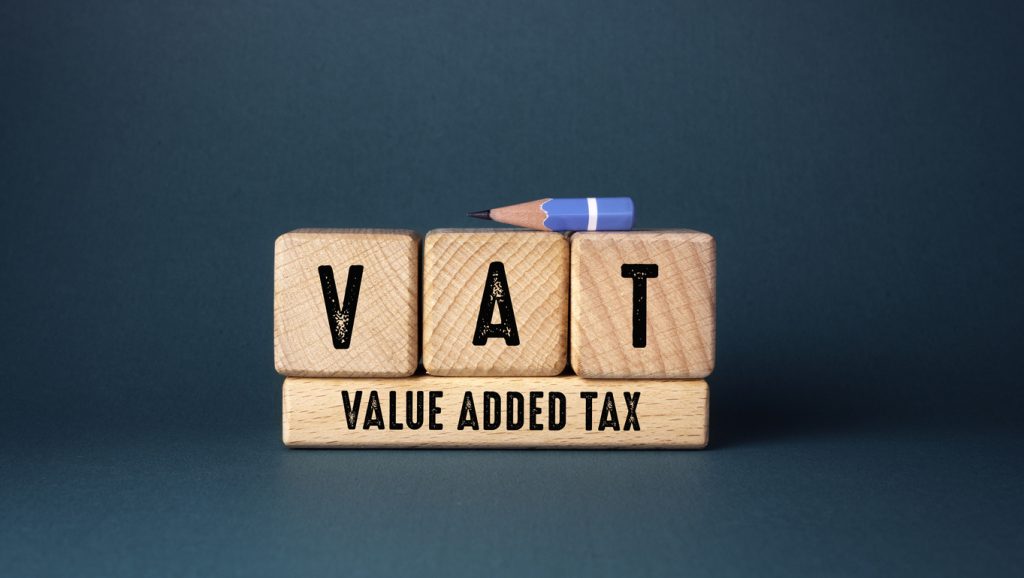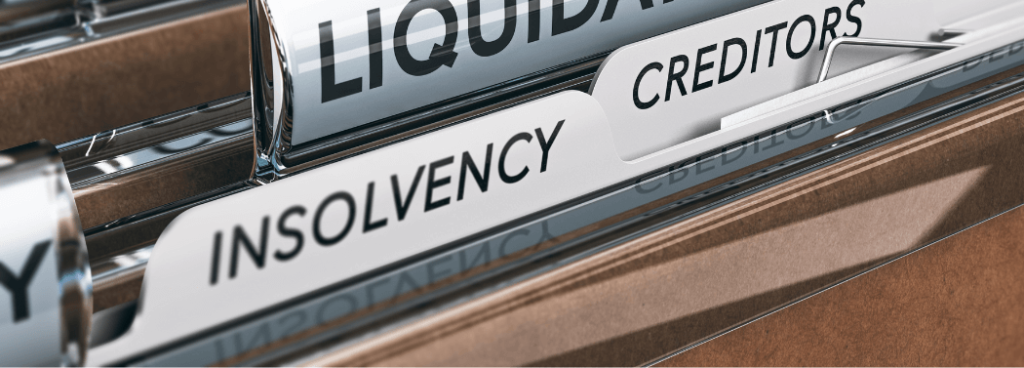
Get in Touch
Our team of accountancy experts are available to speak to you as soon as possible. You can also email us or complete the contact form and one of the team will be in touch.
Tax written down value is basically tax jargon related to Capital Allowances. You need to know the tax written down value of certain types of business assets when claiming tax relief for them.
Explaining tax written down value
Usually, when you buy an asset for your business, you can deduct the full value from your profits before tax using an Annual Investment Allowance (AIA). But some items don’t qualify for AIA. Cars, gifts or things you owned before you used them in your business are a few examples. Instead you use what’s known as Writing Down Allowances. To claim tax relief through Writing Down Allowances regularly, you need to know its tax written down value.
The tax written down value of a business asset is its original value, minus any capital allowances you’ve claimed on it.
The ‘original value’ is the amount you brought the asset into your business for, so:
- If you bought the asset new, then the original value is the amount your business paid for it
- If you previously used the asset for personal use, then the original value is it’s marketing value at the time you brought it into your business
The original value will need to be adjusted down if you’re self-employed and use the asset for personal use as well as for your business.
For example, let’s say you buy yourself a new laptop for £1,000. You plan on using it for 50% for work and 50% personally. The original value of the asset in your business would be £500, not £1,000. This is because you’re only using it for work purposes half of the time.
If you’ve already claimed AIA on a business asset, then its tax written down value will be nil. This is because you’ve already claimed 100% of the assets value through AIA.
Here’s an example:
- Jill buys a new Fiat.
- She plans on using it 80% of the time for business use and 20% for private journeys. The cost of the car is £10,000. Jill isn’t allowed to claim AIA on a car, so instead, she claims capital allowances of 18%.
- The original value of the Fiat is: £10,000 x 80% = £8,000
- In the first year Jill owns the car, the capital allowance she can claim on it will be: £8,000 x 18% = £1,440
- So, the Fiat’s tax written down value at the end of that first year will be: £8,000 – £1,440 = £6,560
- In the second year Jill owns the car, the capital allowance she can claim on it will be: £6,560 x 18% = £1,180.80
- The Fiat’s tax written down value at the end of the second year will be: £6,560 – £1,180.80 = £5,379.20
Frequently Asked Questions
-
Can you help me to maintain my own accounting records?
Of course! We advise that you start a comprehensive spreadsheet to keep track of your taxable income and relevant expenses throughout the year in order to make your tax return more straightforward. This can be done on an Excel spreadsheet or Google sheet to keep things simple! Contact our team for more advice today!
-
I’m confused about Written Down Value, Annual Investment Allowance and my accounts - help!
We know that you have plenty to consider when you run a business, so we keep things easy for you. If you are interested in learning more about our services, simply leave us a message via our online contact form and a member of our accounting team will contact you to explain everything you need to know and offer expert advice and services.
Search More Terms
View our latest news & insights






